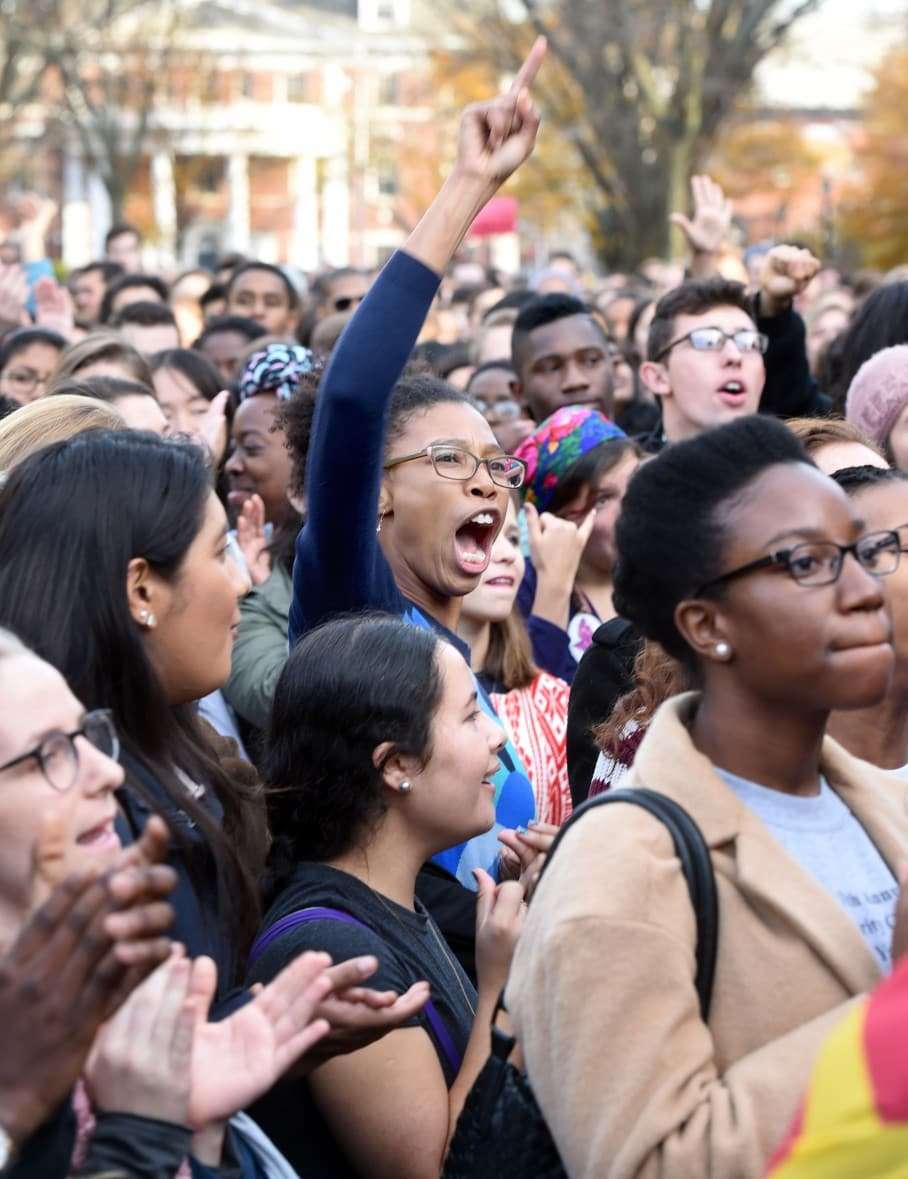The Volokh Conspiracy
Mostly law professors | Sometimes contrarian | Often libertarian | Always independent
A new trigger warning for college campuses

Jonathan Rauch, author of "Kindly Inquisitors: The New Attacks on Free Thought," comments on the recent spate of campus protests in the New York Daily News:
[I]f students feel the modern university's job is to create a "place of comfort" rather than an "intellectual space," that is hardly all their fault. Many parents of my generation make it their business to spare their children any exposure to upset and risk. Then kids and parents alike are wooed by colleges that promise idyllic experiences at very steep prices.
Yale, for example, markets its residential colleges as "little paradises." No wonder if some students expect college to provide shelter from intellectual and interpersonal storms.
And no wonder the movement for trigger warnings and safe spaces is gaining traction at colleges around the country. Trigger warnings supposedly help students cope with (or avoid) exposure to upsetting ideas and images; their other purpose, I and many other free-speech advocates believe, is to chill the presentation of controversial material. Either way, they seek to make higher education emotionally safer by making it less intellectually dangerous.
The trouble is that intellectually safe places are finishing schools, not universities. They can confer connections, polish and useful skills, but they will not educate, because to educate is to inflict and to endure criticism, which is not comfortable.
Drawing upon his own experience, he proposes a new, universal trigger warning to be used on college campuses that still wish to be places of higher learning:
"Warning: Although this university values and encourages civil expression and respectful personal behavior, you may at any moment, and without further notice, encounter ideas, expressions and images that are mistaken, upsetting, dangerous, prejudiced, insulting or deeply offensive. We call this education."


Show Comments (0)